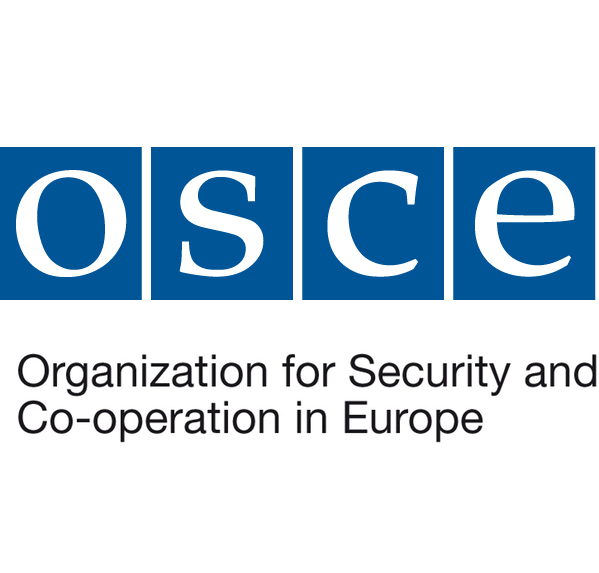
On the 12th & 13th of July, Assemblea took part in the Organization for Security and Co-operation in Europe (OSCE) Supplementary Human Dimension Meeting “Digital Technologies and Human Rights”, in which OSCE participating states, international bodies and civil society organizations countries have been able to address the main risks and threats to fundamental rights posed by the use of new technologies by governments and other public and private actors.
The Catalan National Assembly took part in the OSCE Supplementary Human Dimension Meeting “Digital Technologies and Human Rights” on July 12th and 13th, to denounce the effects of Spain’s abusive digital legislation, particularly targeting Catalonia’s pro-independence movement, which affects the exercise of human rights such as freedom of expression, freedom of assembly and association, and political participation online.
In this sense, Assemblea President Elisenda Paluzie, and Board Members Bàrbara Roviró and Erika Casajoana took part in three sessions which dealt with issues such as Collecting and Use of Personal Data, protecting the Right to Freedom of Peaceful Assembly in the Age of New Technologies and “Assemblies Online”, and Artificial Intelligence, respectively.
In her intervention, Ms. Paluzie highlighted the abusive fines imposed by Spanish authorities in the field of Data Protection. “In recent years, the Spanish justice system has imposed sanctions amounting to €290,000 on the organization that I represent for campaigns within the scope of its activity as a civil society organization, for alleged breaches of the Data Protection Law. In this regard, Ms Paluzie added that “The Spanish Data Protection Agency is the body that imposes the highest fines in the world in this field, half of the total fines imposed internationally. As occurs in other areas, the Spanish authorities twist and use the legislation to persecute and repress democratic activity, in this case that of organizations that defend Catalonia’s right to self-determination.”
In a similar vein, Ms Paluzie denounced the use by Spanish authorities of spyware dubbed ‘Pegasus’, property of Israeli company NSO Group, to spy on Catalan representatives and activists”. The Spanish government has blocked any investigations into the matter, what raised strong suspicions of illegal espionage by the Spanish authorities on Catalan elected representatives and peaceful activists.
For its part, the Assemblea Board Member Ms. Erika Casajoana denounced the “growing number of police operations against Catalan representatives, such as “Operation Volkhov”, in which Spanish authorities made illegal use of espionage systems with no court order, violating fundamental rights and human dignity”. She also expressed the entity’s concern on the fact that the Spanish authorities are the only ones alongside Russia and China that have requested the ban of applications in the Github platform for reasons of “national security”. These are apps that were used to organize peaceful protests by the Catalan democratic pro-independence movement.
Mss. Paluzie, Roviró and Casajona denounced the systematic attacks of the Spanish authorities on the Catalan pro-independence movement, by means of lawfare and political persecution, curtailing the rights of freedom of expression and public participation, with the closure of websites, passing emergency laws to specifically target the coordination of demonstrations, and the investigation by illegal means such as espionage; and called on them to respect, protect and promote the right to political participation of the Catalan representatives and civil society, and for OSCE experts to visit Catalonia and report on the situation there.
Assemblea regularly takes part in the meetings of the Organization for Security and Cooperation in Europe on human rights, where its representatives have carried out oral statements as well as submitting written statements to denounce violations of rights by Spanish institutions against the people of Catalonia (September 2019, November 2019, June 2020, April 2021).